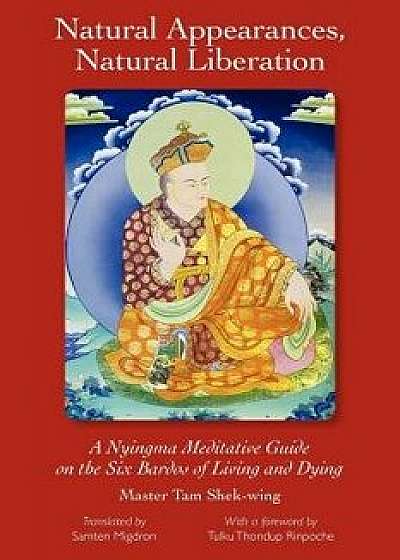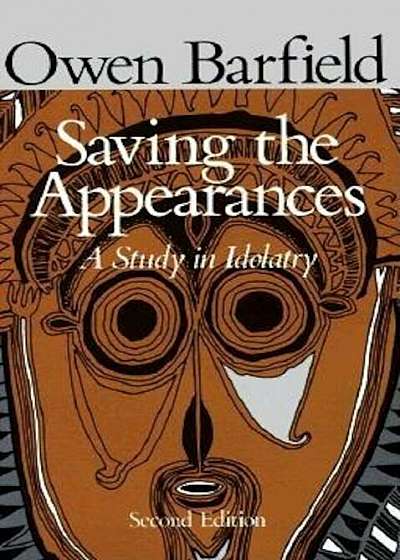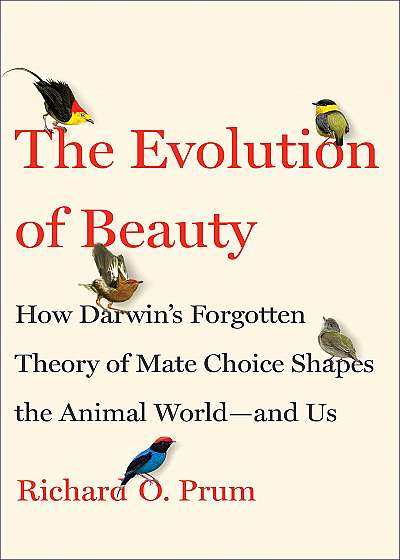
Natural Appearances, Natural Liberation, Paperback/Shek-Wing Tam
Descriere
This commentary is based on the six bardos teachings from a series of hidden treasure texts known as the Profound Dharma of Natural Liberation through the Intention of the Peaceful and Wrathful Ones (Zab chos zhi khro dgongs pa rang grol), discovered by the great terton Karma Lingpa in the fourteenth century. The word "bardo," made popular in the West through the English translation of the Bardo Thodol or The Tibetan Book of the Dead, which also belongs to the same series of treasure texts, means an intermediate or in-between state. The practice of the six bardos, according to the hermeneutics of the Nyingma school of Tibetan Buddhism, is essentially the meditative practice of living and dying. Natural Appearances, Natural Liberation not only contains very practical advice, but also has many teachings of the Nyingma tantric tradition embedded in it. The original text is not intended as a study of spiritualism or psychology. Neither is it intended to be viewed as handbook for taking care of the deceased, nor as a treatise on emptiness. The intention is to condense the very deep and profound tantric teachings of the six bardos into practices approachable by all sentient beings so that many can swiftly attain various states of liberation. This book offers a scholarly but accessible explanation of the ancient wisdom embedded in this ancient Buddhist classic. Tam Shek-wing (1935-) is a Buddhist scholar, painter, poet, writer and social critic. He is the founder of the Vajrayana Buddhism Association and Sino-Tibetan Buddhist Studies Association in North America. Master Tam was born in Guangzhou, China. As a young man, he received systematic training in the Nyingma school of Tibetan Buddhism under the guidance of H. H. Dudjom Rinpoche. In 1986, Master Tam emigrated from Hong Kong to Hawaii, and then to Toronto in 1993. As early as the late 1970s, Master Tam began publishing writings on Buddhism, with an emphasis on the teachings and meditative practice in Vajrayana Buddhism





